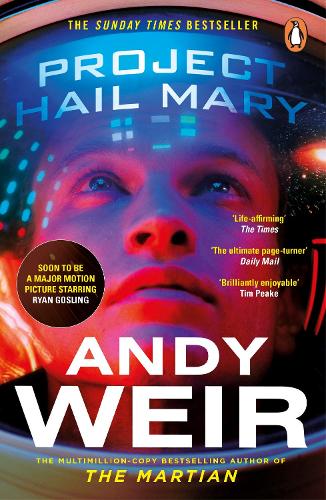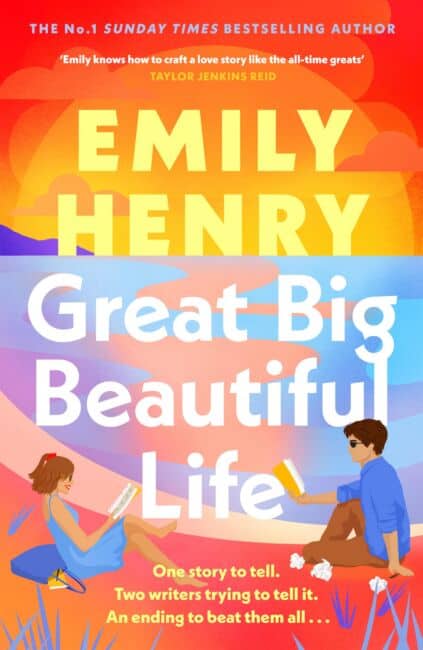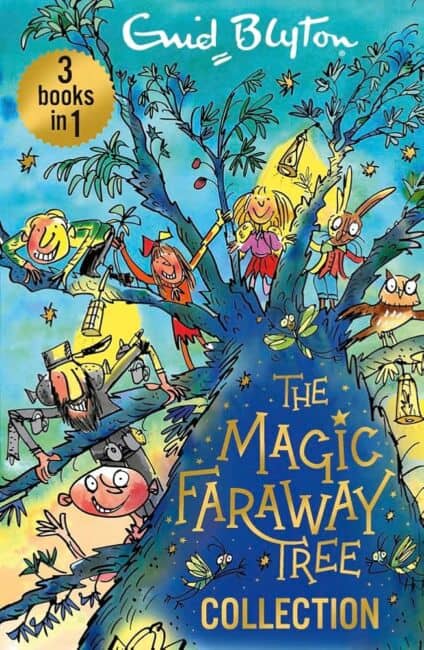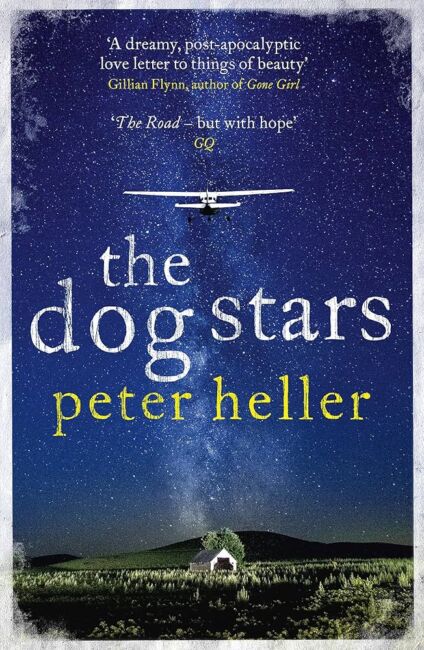Klara & The Sun
Kazuo Ishiguro
Kazuo Ishiguro’s novels often have an understated elegance, a quiet restraint, and a deep emotional undercurrent – and Klara & The Sun is no different. Ishiguro’s eighth novel, published in 2021, combines science and dystopian fiction to create a beautiful exploration of the complexities of human experience, especially in its comparisons to the “mind” of Artificial Intelligence.
Klara & The Sun follows the eponymous Klara, an “Artificial Friend” in a near-future society. Set in an undisclosed area of America, where children are genetically enhanced to compete for success, Klara waits in a shop window, hoping to be chosen. Klara is chosen for Josie — a bright, but fragile young girl. Ishiguro’s novel explores the themes of love, hope, and what it truly means to care for someone through the uniquely observant perspective of Klara’s artificial intelligence. When asked why he chose to write about artificial intelligence, Ishiguro said:
‘I was drawn to a narrator with peculiar limitations of vision, as well as outstanding abilities to observe and learn quickly about the human world.’
- Kazou Ishiguro
As Klara learns more about Josie and the world around her, she discovers the complexities of human emotions and forces that shape our relationships silently. Klara then begins to form her own understanding of emotions, notably a faith in the power of The Sun – which she believes to hold the key to Josie’s wellbeing.
As Klara & The Sun progresses, Ishiguro confronts the unsettling reality of Klara’s limitations as an AI compared to human life. Through his deceptively simple prose, there develops a profound sense of introspection and unspoken tension between Klara and her abilities in comparison to her human counterparts. Readers have praised his exploration of loneliness, technological ethics, and the nature of love — for both human and artificial intelligence.
‘Ishiguro has clearly thought hard about those elements of a nascent mechanical consciousness that would be more or less developed, about what faith would look like to an android mind, or love, or loyalty’
- The Guardian
Offering a unique perspective from the voice of artificial intelligence, Ishiguro explores a modern technology that, in recent years, has grown exponentially. Some readers are divided when it comes to Klara & The Sun. Many praise the dystopian novel for its subtle world-building that leaves room for interpretation, whilst others find Klara’s detached narration limited and are left unsatisfied by their queries about this fictional world’s technological and ethical landscape. Since Klara & The Sun came out in 2021, Ishiguro has spoken about the rise of artificial intelligence in relation to humanity:
‘In the fiction I've created here, we're living in a world where artificial intelligence and big data [...] have crept into the every day to the extent that [...] that notion of that soul inside us is being challenged’
- Kazou Ishiguro
In 2025, Klara & The Sun will be heading to the silver screen. Of course, this is not the first time that Kazou Ishiguro’s spellbinding narratives are to be transported to a film set. The Remains of the Day (1989) was made into a film in 1993 and Never Let Me Go (2005) in 2010.
Klara & The Sun is set to be released this year as directed by Taika Waititi, who is well known for his uproarious and absurd humour. The cast lineup boasts incredible talents such as Jenna Ortega, Amy Adams, Natasha Lyonne, and Steve Buscemi to play the complex characters in Ishiguro’s most contemporary novel.
Other works by Kazou Ishiguro
Acclaimed author Kazou Ishiguro has been loved for decades now and his collections of works have something for all to ponder and enjoy. As such, we’ve prepared you an Ishiguro shopping list for the next time you’re in your favourite bookshop:
- A Pale View of Hills (1982)
- An Artist of the Floating World (1986)
- The Remains of the Day (1989)
- The Unconsoled (1995)
- When We Were Orphans (2000)
- Never Let Me Go (2005)
- The Buried Giant (2015)
Find your new favourite novel with Victoria Freudenheim
At Victoria Freduenheim, we love how literature reminds us of our humanity by making us feel every emotion under the sun. Discover your next favourite book with our top-rated novels, and check out our latest reviews of everything from fantasy to science fiction stories. Want more bookish content? Head to our blog!
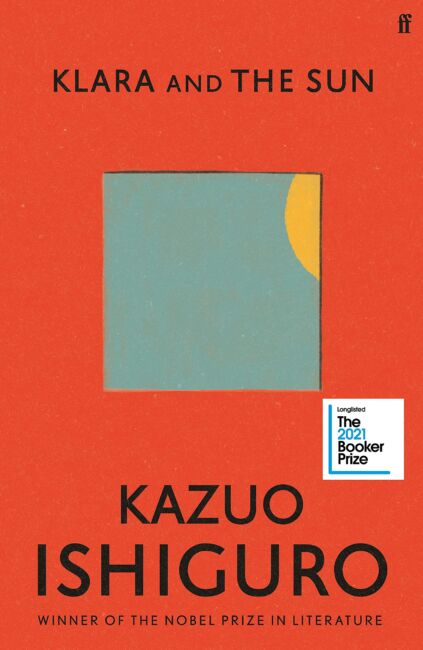
| ISBN | 978-0571364909 |
|---|---|
| Pages | 352 |
